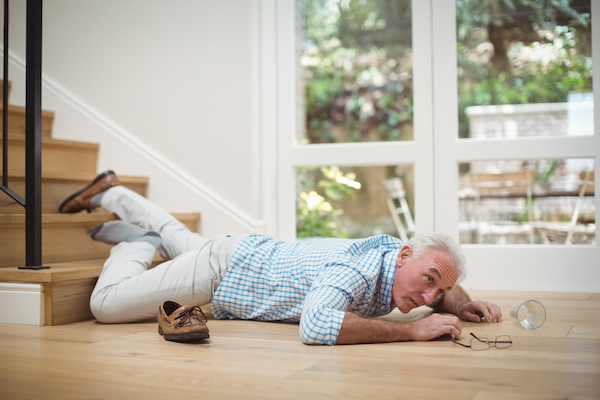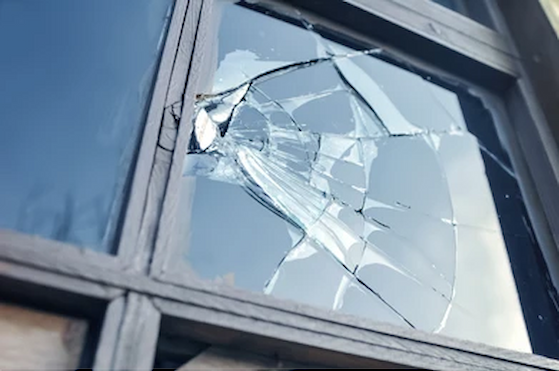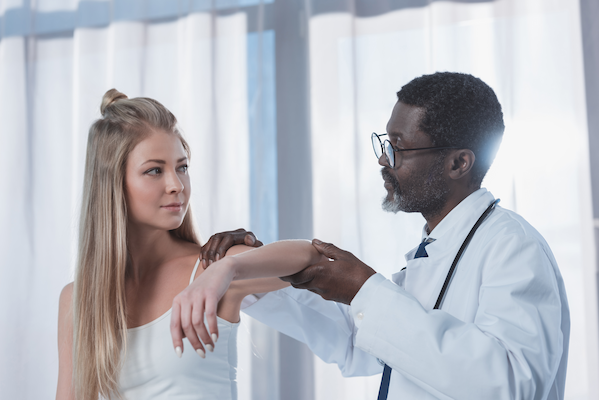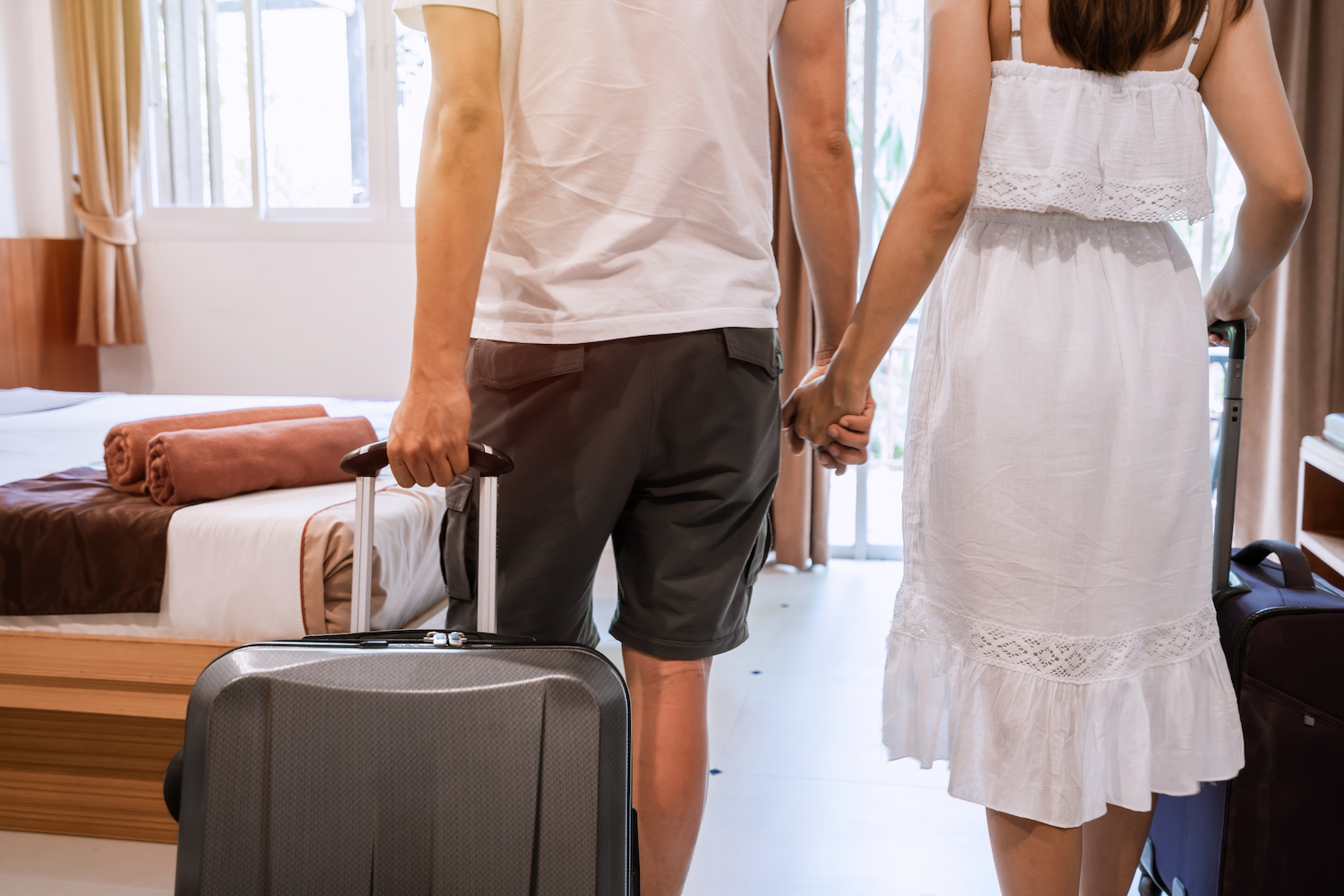When booking accommodations for a vacation, Airbnb and other vacation rental property sites often offer comfortable and affordable alternatives to traditional hotels or other forms of public lodging. These companies have spearheaded the concept of renting out private homes or even rooms within a home to vacationers. While booking an Airbnb in Florida can be an attractive alternative to a traditional hotel which may require resort fees or other additional charges, there may be unforeseen tradeoffs involved with this decision.
Florida is a premier vacation destination year-round. With its beautiful beaches and plentiful outdoor activities, the state attracted over 131 million tourists in 2019. According to Forbes, 6.6 million of them booked vacation rentals through Airbnb. This volume suggests the groundbreaking vacation rental platform has been well received by the travel community.
However, with these numbers, the inescapable question must be answered: when guests are injured at an Airbnb in Florida, who should be held accountable, the host or the parent company?
Airbnb Host Protection Insurance Program
When the platform first launched, Airbnb previously asked renters and hosts to sign a waiver upon downloading the platform, waiving their rights to sue the company should an accident occur. They recently changed their policy, and instituted the Host Protection Insurance (HPI) policy, offering hosts up to $1 million in liability coverage. The limits of the policy are $1 million for each occurrence, with a total liability limit of $1 million for the insurance term (1 year). After this amount is exhausted, the homeowner is responsible for any further compensation owed due to an injury on their property.

HPI automatically applies to anyone who lists their home for rent on the app. The policy is designed for hosts to make claims through AirBnB ahead of their own insurance company, provided that their insurance company allows them to do so. Under the purview of the policy, roommates, family members, or independent contractors employed by the host of the property are covered.
Landlords, Homeowners Associations, and Condo-Owners Associations are also insured, but only with respect to liability arising out of homeownership, maintenance, or use of amenities included with the host’s accommodation. This includes related common areas, such as an onsite gym, playground, outdoor grill, or other amenities offered.
Coverage begins upon guest check-in and ends upon checkout, as shown in the Airbnb platform. No shows or canceled reservations are not entitled to coverage. In order to file a claim against Host Protection Insurance, the injury in question must be specifically related to the property. For example, if a guest trips on a carpet that was not correctly installed and sustains injuries, this would result in an eligible claim.
However, if a guest is involved in a car accident off the property or on the way to the property and they have not checked in yet, it will be challenging to prove that the injury was directly related to the property and get either the host or the company to cover an injury claim.
What About Property Damage?
AirBnB’s Host Guarantee program offers hosts protection against property damage caused by a guest. The program provides up to $1 million in coverage if a host’s property or belongings is damaged by a guest or their service animal during a qualified stay booked through the app. This protection, like the Host Protection Insurance, is offered at no cost to the property host and automatically applies to each booking.

In order for a host to file a claim against the Host Guarantee program, the host must first request reimbursement from the guest through the Resolution Center. If a guest is unwilling or unable to pay for the damage caused, the host may then submit a claim to the Host Guarantee program. Not all property damage is covered under the program. If hosts are concerned, AirBnB encourages them to purchase personal insurance to ensure protection.
Guest property damage is not covered under this guarantee. It may be covered under the Host Protection Insurance if the damage is caused by an issue that the host would be considered legally responsible for.
Exemptions to the Airbnb Host Protection Insurance
Keep in mind that not all conditions encountered at an AirBnB property will be covered under the Host Protection Insurance. The following are listed by AirBnB as exemptions to the coverage available:
- Intentional harm (assault, battery, or sexual abuse) committed by a host or someone considered to be insured under the policy
- Car accidents off property – Please note that if a host offers driving services, this would be separately covered under Experience Protection Insurance, a $1 million liability insurance policy that covers guests and hosts during an experience, depending upon the circumstances under which the accident occurs
- Lost earnings for hosts
- Theft
- Bacteria or fungi (except if they are contained in a product intended for guest consumption)
- Chinese drywall
- Transmission of communicable diseases (such as influenza or Covid-19)
- Natural disasters
- Acts of terrorism
- Pollution
- Asbestos
If any of these occur while staying at an Airbnb contact your legal representation to see what actions you can take.
How Does the State of Florida Regulate Airbnb Properties?
Most Airbnb properties will fall under the heading of a “vacation rental property.” Florida defines a vacation rental as “any unit or group of units in a condominium or cooperative or any individually or collectively owned single-family, two-family, or four-family house or dwelling unit that is also a transient public lodging establishment but that is not a timeshare project.” The State of Florida requires all vacation rental properties to be registered under the Department of Business and Professional Regulation (DBPR).
For traditional public lodging establishments, Florida legislature requires inspections to be conducted at minimum twice annually. Vacation rentals are not held to this same standard. They are still required to submit to a State inspection if one is requested or unsafe conditions are reported, which is why they must be registered with the DBPR. Vacationers beware: hosted rentals where the owner of the property remains in the home and rents out additional rooms are not classified as public lodging and are, therefore, not required to register with the DBPR. Hosted rentals may still be regulated by city, county, or other local ordinances.
How Can AirBnB Guests Protect Themselves Prior to/Upon Arrival?
It is always better to be overprepared than risk being unprepared. Before settling into your Airbnb or rental follow these steps to make sure you are protected if an accident does occur.
- Check with the host of the rental property to see if they have their own business rental coverage through their homeowners’ insurance. Consider that injuries or property damage that the host is legally responsible for will likely be covered by the Host Protection Insurance. If the host does not have their own coverage and this is a deal-breaker, choose another property.
- Complete a thorough walkthrough of the property upon arrival with all guests. The host need not be present for the walkthrough, and during the coronavirus pandemic, they will likely not be present.
- If any hazards or unsafe conditions arise during the walkthrough, notify the owner of the property in writing to have them fixed. Take pictures of the unsafe conditions to document them and include them in your written communication to incentivize the owner to rectify the situation. Text message, email, or in-app communications (where available) are good options for these communications.
Even if you follow these steps when you arrive at your rental an unexpected issue can still occur.
What if an Injury Does Occur?

Once an incident occurs we recommend taking action immediately. Here are three measures to take to ensure you get the compensation you deserve:
- Seek medical treatment as soon as possible. Health and safety should always be a top priority when an accident occurs. The visit will also begin a paper trail to support a potential claim.
- Gather evidence surrounding the unsafe circumstances that caused the accident. Take pictures of the scene post-accident from multiple angles. Be sure to document any debris (for example: broken furniture or lamps). Take photos of the injury before and after treatment from multiple angles. Get contact information of any witnesses to the accident whenever possible. Keep copies of any written communication between yourself and the host, particularly requests to rectify unsafe conditions.
- Seek representation from experienced personal injury attorneys to file your claim!
Trust the Team at Carey Leisure Carney to Handle Your AirBnB Claim
At Carey Leisure Carney, our experienced personal injury attorneys would be honored to handle your claim! Our staff strives to communicate with our clients throughout their cases to help put their minds at ease. With over 100+ years of combined experience in personal injury law, your claim will be in good hands.
